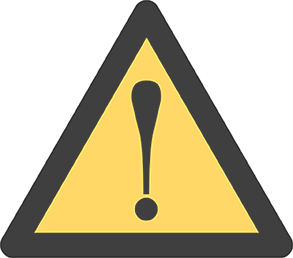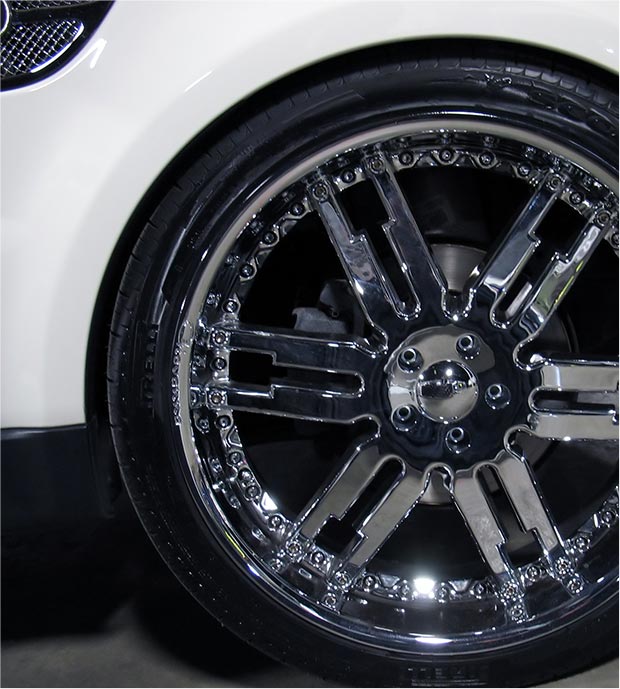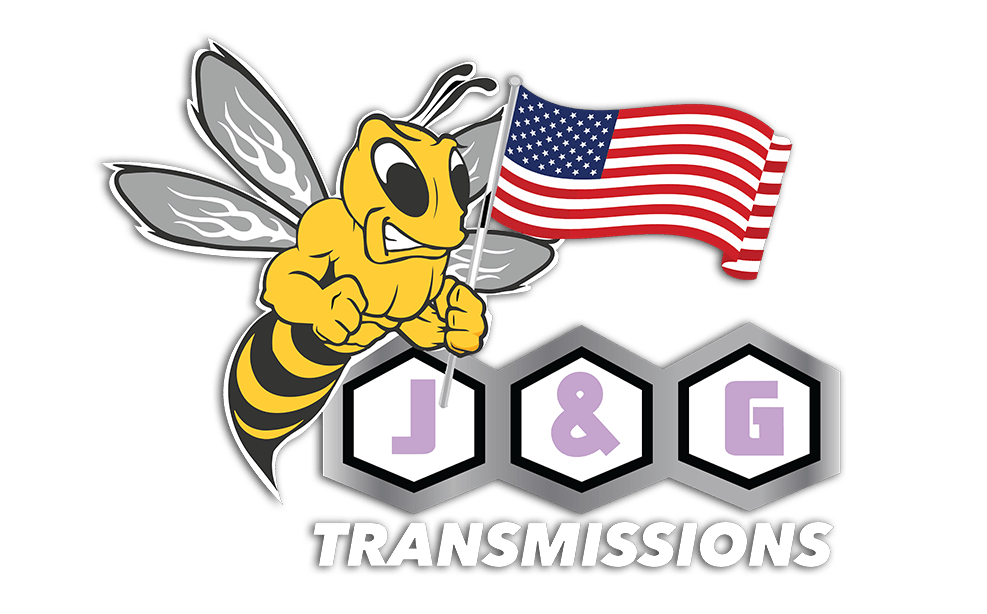Skip to content4782 South 500 West, Murray, UT
Top 8 signs you may have a transmission problem:
- Slow acceleration
- Shifting problems
- Slipping while driving
- Engine revving or idling high
- Vehicle will not go
- Check engine light is on
- Transmission leak
- Unfamiliar sounds
What other problems look like transmission problems?
- Engine requires a tune-up
- Electrical problems
- Broken transmission or engine mount
- Poor fuel system adjustment
- Dirty fuel injectors or filter
- Defective oxygen sensor
- Computer sensor malfunction
- Clogged catalytic converter
Q.
Should I drain or flush my transmission before I bring it to you?
A.
NO, DO NOT drain or flush your transmission, it will be more difficult for us to give a proper diagnosis if the fluid and/or filter are changed before we have the chance to check the debris. Checking the debris helps aid in the diagnosis and estimate repair costs. If the fluid evidence is gone it will be more difficult for us to give a proper diagnosis.
Q.
How can I extend the life of my transmission?
A.
Check your transmission fluid regularly. If your fluid is low you may have a leak. Service your transmission regularly. Transmissions should be serviced once a year or every 30,000 miles, whichever comes first. Maintain external coolers. One of the main causes of transmission failure is from excessive heat. If you are experiencing transmission problems have them checked a.s.a.p. – Having a problem checked right away may save you money in the long run. Transmission problems usually start out small and can escalate quickly to a more serious problem. Come see us at the first signs of a transmission problem.
According to the automatic transmission re-builders association, 90% of all transmissions problems are caused by overheating. Most of these can be blamed on old fluid that should have been replaced. For maximum protection, change the fluid and filter every 30,000 miles. You should use the type of fluid suggested in your owner’s manual or printed on the transmission dipstick. For older Ford automatics and certain imports, Type “F” is usually required. Most Fords since the 1980s require “Mercon” fluid, which is Ford’s equivalent of Dexron ll. For General Motors, Chrysler and other imports, Dexron ll is usually specified.
Unlike the fluid in an automatic transmission that is being constantly churned (which generates heat) and contaminated by particles worn off the clutch plates, the fluid in a manual transmission or transaxle has life pretty easy, so the fluid usually lasts the life of the transmission.
Common Transmission Issues Explained
Understanding the common issues that can affect your vehicle's transmission is crucial for maintaining its performance. Symptoms like slipping gears, delayed shifting, or unusual noises can indicate serious problems that need immediate attention. Recognizing these signs early can help prevent costly repairs and ensure your vehicle operates smoothly.
For instance, a slipping transmission may cause your engine to rev higher without a corresponding increase in speed, which can be alarming. Similarly, if you notice a burning smell or fluid leaks under your vehicle, these could be signs of overheating or fluid contamination. Addressing these issues promptly can save you from more extensive damage down the line.
Transmission Maintenance Tips
Regular maintenance is key to extending the life of your transmission. Simple practices, such as checking your transmission fluid levels and scheduling routine service appointments, can make a significant difference in your vehicle's longevity and performance. Keeping your transmission well-maintained helps avoid unexpected breakdowns and costly repairs.
For example, changing your transmission fluid every 30,000 miles can help prevent overheating and maintain the integrity of your transmission system. Additionally, ensuring that your vehicle's cooling system is functioning properly can also help in preventing heat-related transmission failures. By following these maintenance tips, you can keep your transmission running smoothly for years to come.
Understanding Transmission Fluid Types
Different types of transmissions require specific fluids to function optimally. Using the correct fluid is essential for maintaining the performance and longevity of your transmission. Familiarizing yourself with the types of transmission fluid can help you make informed decisions when it comes to servicing your vehicle.
For instance, automatic transmissions often require fluids like Dexron or Mercon, while manual transmissions may use different types of oil. Using the wrong fluid can lead to inadequate lubrication and increased wear on components. Always consult your vehicle's manual or a professional to ensure you are using the right type of fluid for your transmission.
The Importance of Professional Transmission Services
While some minor transmission issues can be addressed at home, seeking professional help is essential for more complex problems. Professional services not only ensure that repairs are performed correctly but also provide a comprehensive diagnosis of potential issues that may not be immediately apparent to the average car owner.
For example, a qualified technician can perform a thorough inspection of your transmission system, identifying underlying issues that could lead to significant problems if left unaddressed. Additionally, professional services often include a warranty on repairs, giving you peace of mind that your vehicle is in good hands. Regular check-ups with a professional can help maintain the health of your transmission and extend its lifespan.
Common Transmission Issues Explained
Understanding the common issues that can affect your vehicle's transmission is crucial for maintaining its performance. Symptoms like slipping gears, delayed shifting, or unusual noises can indicate serious problems that need immediate attention. Recognizing these signs early can help prevent costly repairs and ensure your vehicle operates smoothly.
For instance, a slipping transmission may cause your engine to rev higher without a corresponding increase in speed, which can be alarming. Similarly, if you notice a burning smell or fluid leaks under your vehicle, these could be signs of overheating or fluid contamination. Addressing these issues promptly can save you from more extensive damage down the line.
Transmission Maintenance Tips
Regular maintenance is key to extending the life of your transmission. Simple practices, such as checking your transmission fluid levels and scheduling routine service appointments, can make a significant difference in your vehicle's longevity and performance. Keeping your transmission well-maintained helps avoid unexpected breakdowns and costly repairs.
For example, changing your transmission fluid every 30,000 miles can help prevent overheating and maintain the integrity of your transmission system. Additionally, ensuring that your vehicle's cooling system is functioning properly can also help in preventing heat-related transmission failures. By following these maintenance tips, you can keep your transmission running smoothly for years to come.
Understanding Transmission Fluid Types
Different types of transmissions require specific fluids to function optimally. Using the correct fluid is essential for maintaining the performance and longevity of your transmission. Familiarizing yourself with the types of transmission fluid can help you make informed decisions when it comes to servicing your vehicle.
For instance, automatic transmissions often require fluids like Dexron or Mercon, while manual transmissions may use different types of oil. Using the wrong fluid can lead to inadequate lubrication and increased wear on components. Always consult your vehicle's manual or a professional to ensure you are using the right type of fluid for your transmission.
The Importance of Professional Transmission Services
While some minor transmission issues can be addressed at home, seeking professional help is essential for more complex problems. Professional services not only ensure that repairs are performed correctly but also provide a comprehensive diagnosis of potential issues that may not be immediately apparent to the average car owner.
For example, a qualified technician can perform a thorough inspection of your transmission system, identifying underlying issues that could lead to significant problems if left unaddressed. Additionally, professional services often include a warranty on repairs, giving you peace of mind that your vehicle is in good hands. Regular check-ups with a professional can help maintain the health of your transmission and extend its lifespan.







